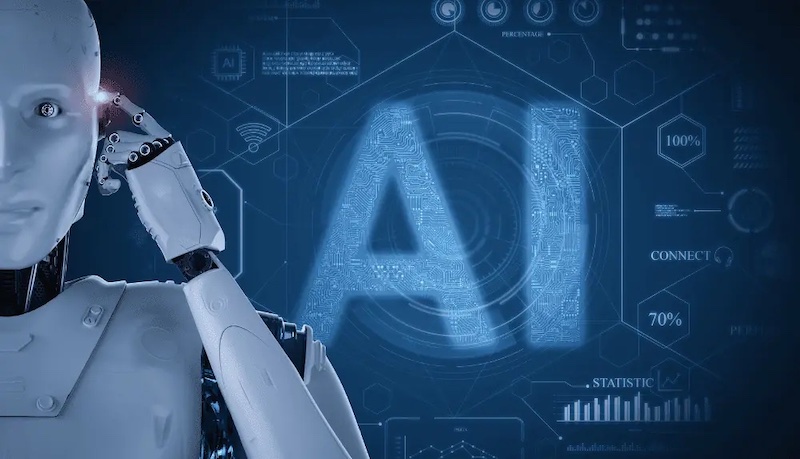Toyota Research Institute (TRI) says it has achieved a “breakthrough generative AI approach” based on Diffusion Policy to quickly and confidently teach robots new, dexterous skills.
This advancement significantly improves robot utility and is a step towards building “Large Behavior Models (LBMs)” for robots, analogous to the Large Language Models (LLMs) that have recently revolutionized conversational AI.
Gill Pratt, CEO of TRI and chief scientist for Toyota Motor Corporation, says: “Our research in robotics is aimed at amplifying people rather than replacing them.
“This new teaching technique is both very efficient and produces very high performing behaviors, enabling robots to much more effectively amplify people in many ways.”
Previous state-of-the-art techniques to teach robots new behaviors were slow, inconsistent, inefficient, and often limited to narrowly defined tasks performed in highly constrained environments.
Roboticists needed to spend many hours writing sophisticated code and/or using numerous trial and error cycles to program behaviors.
TRI has already taught robots more than 60 difficult, dexterous skills using the new approach, including pouring liquids, using tools, and manipulating deformable objects.
These achievements were realized without writing a single line of new code; the only change was supplying the robot with new data. Building on this success, TRI has set an ambitious target of teaching hundreds of new skills by the end of the year and 1,000 by the end of 2024.
This latest development also highlights that robots can be taught to function in new scenarios and perform a wide range of behaviors.
These skills are not limited to just “pick and place” or simply picking up objects and putting them down in new locations. TRI’s robots can now interact with the world in varied and rich ways — which will one day allow robots to support people in everyday situations and unpredictable, ever-changing environments.
Russ Tedrake, vice president of robotics research at TRI, says: “The tasks that I’m watching these robots perform are simply amazing – even one year ago, I would not have predicted that we were close to this level of diverse dexterity.”
Dr Tedrake, who is also the Toyota Professor of Electrical Engineering and Computer Science, Aeronautics and Astronautics, and Mechanical Engineering at MIT, says: “What is so exciting about this new approach is the rate and reliability with which we can add new skills.
“Because these skills work directly from camera images and tactile sensing, using only learned representations, they are able to perform well even on tasks that involve deformable objects, cloth, and liquids — all of which have traditionally been extremely difficult for robots.”

